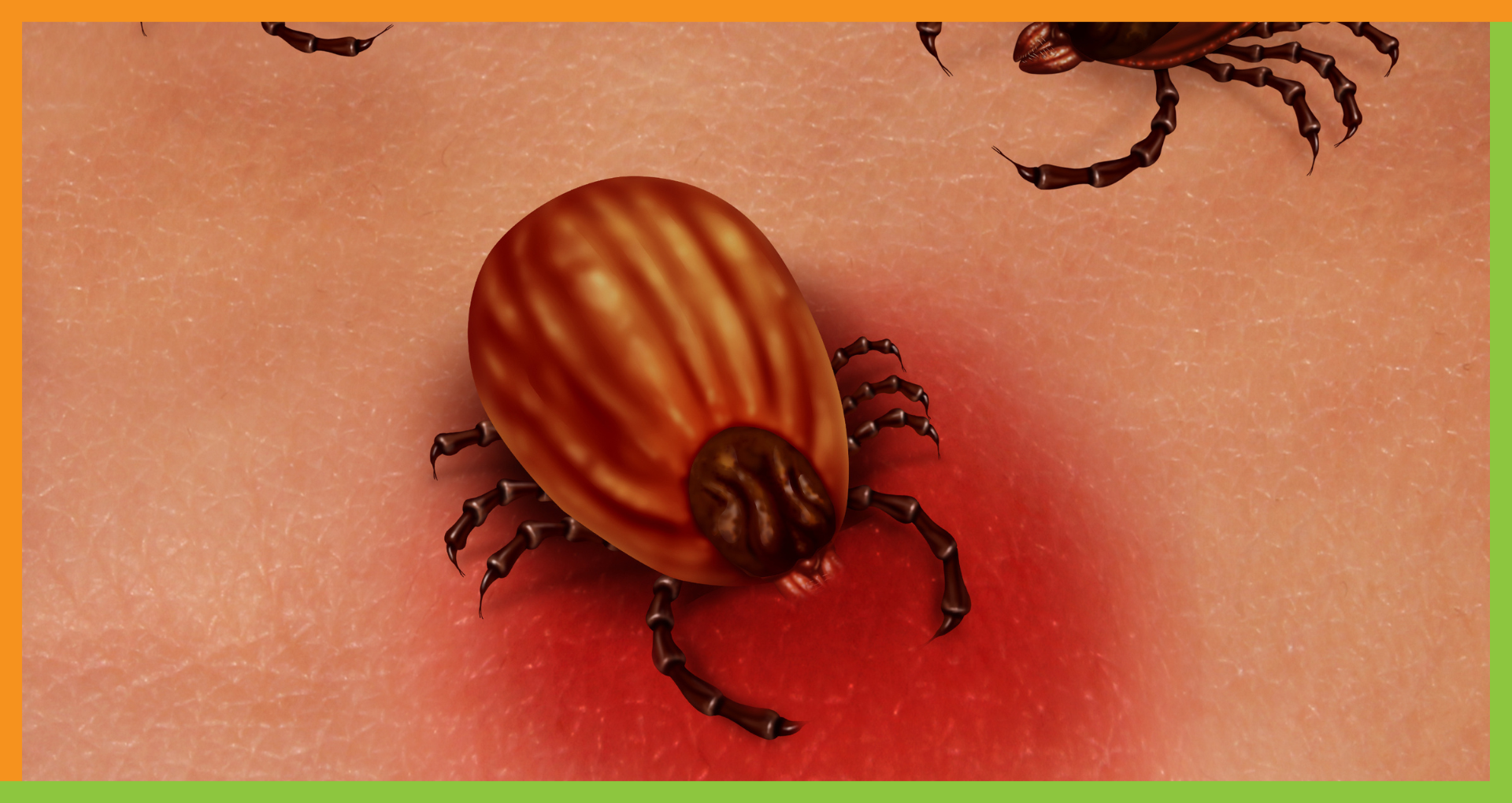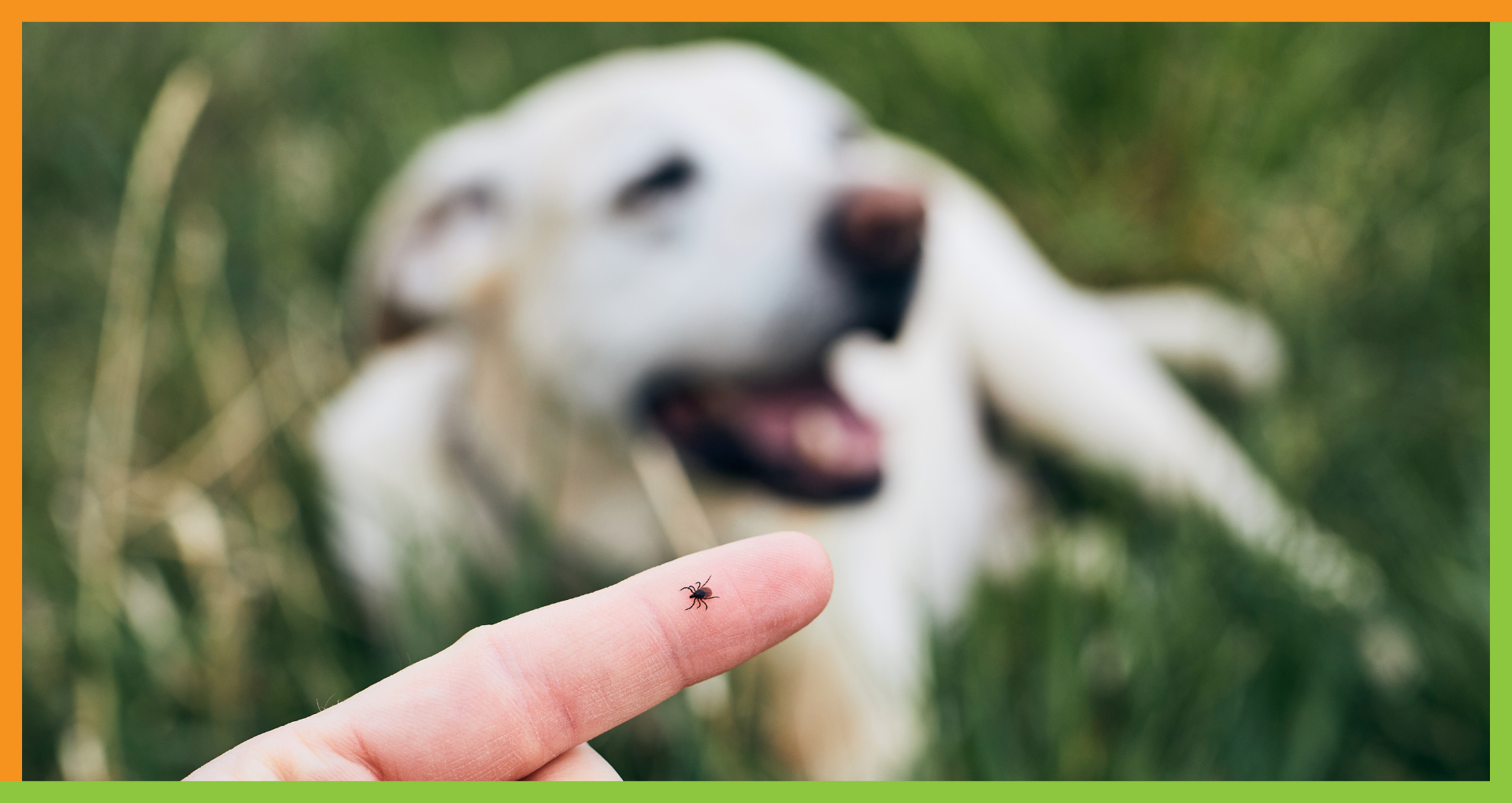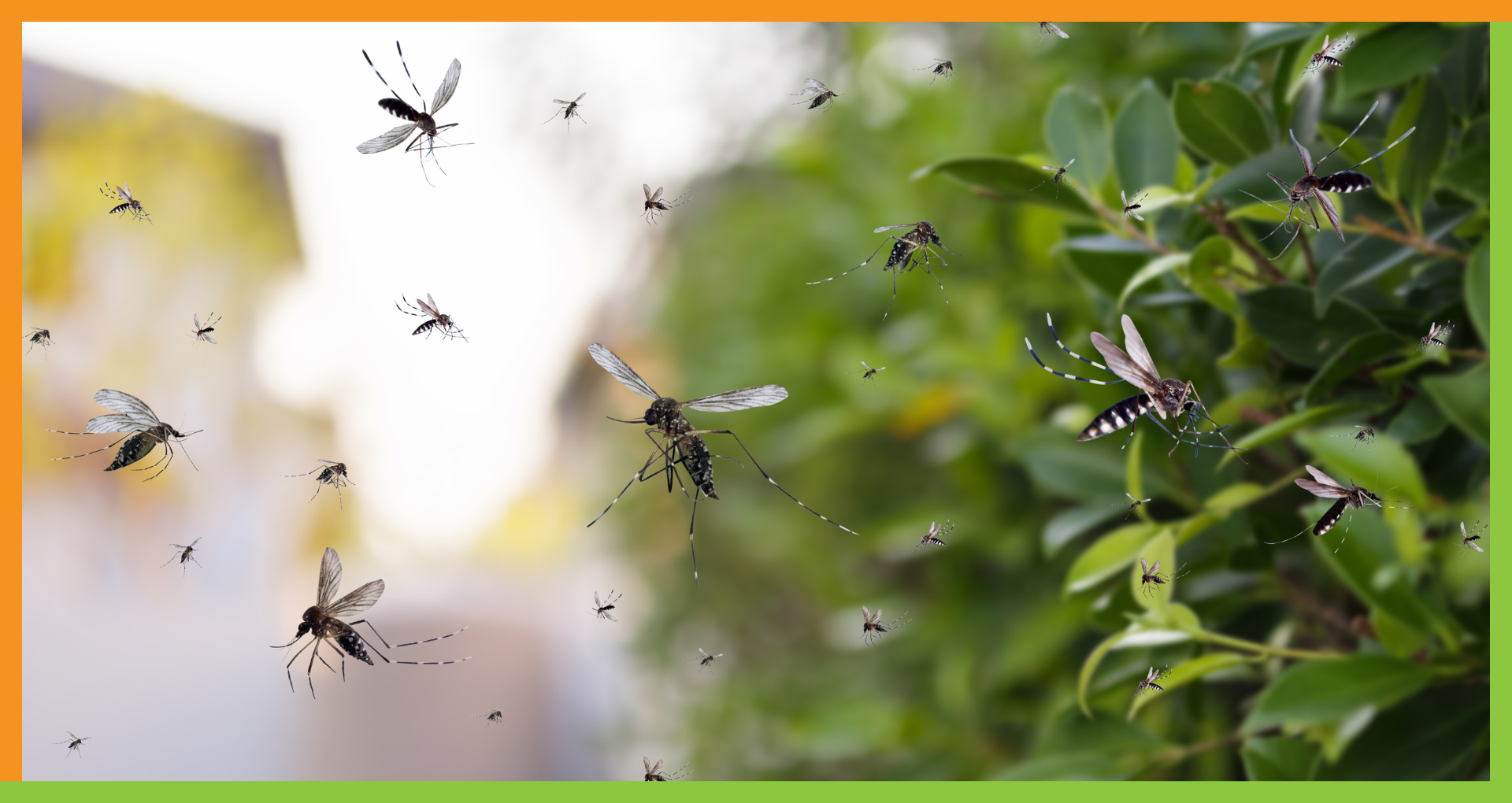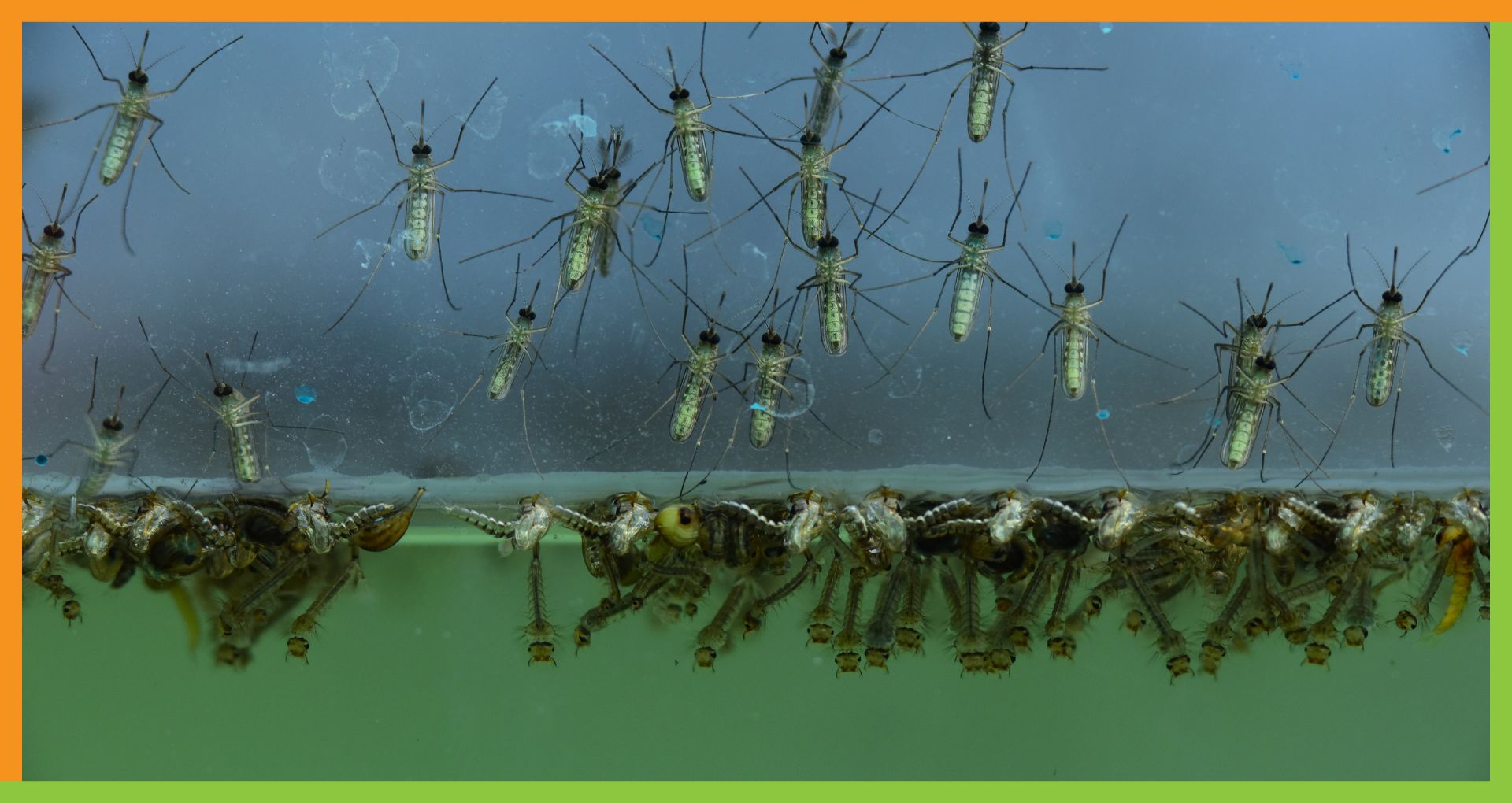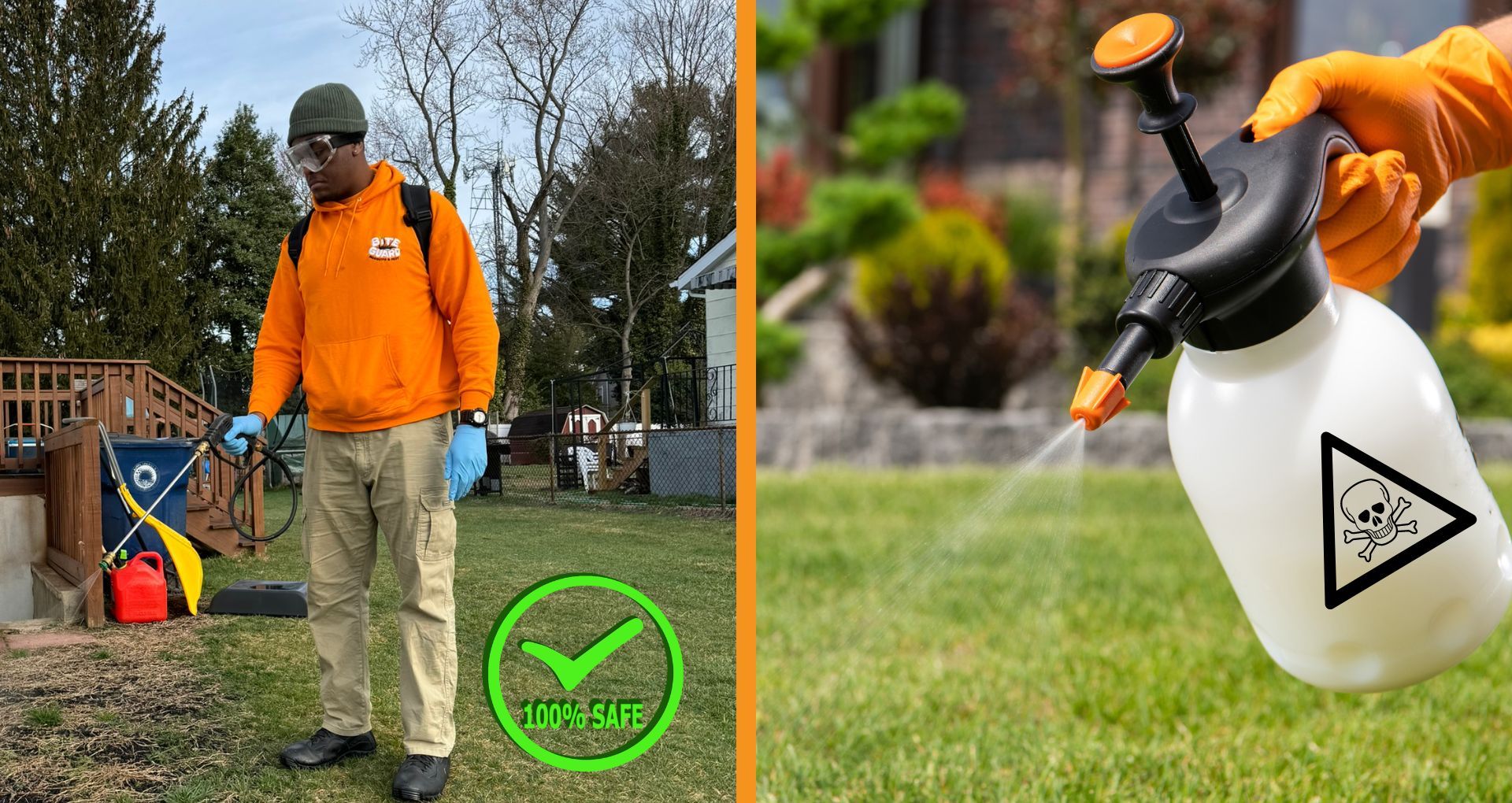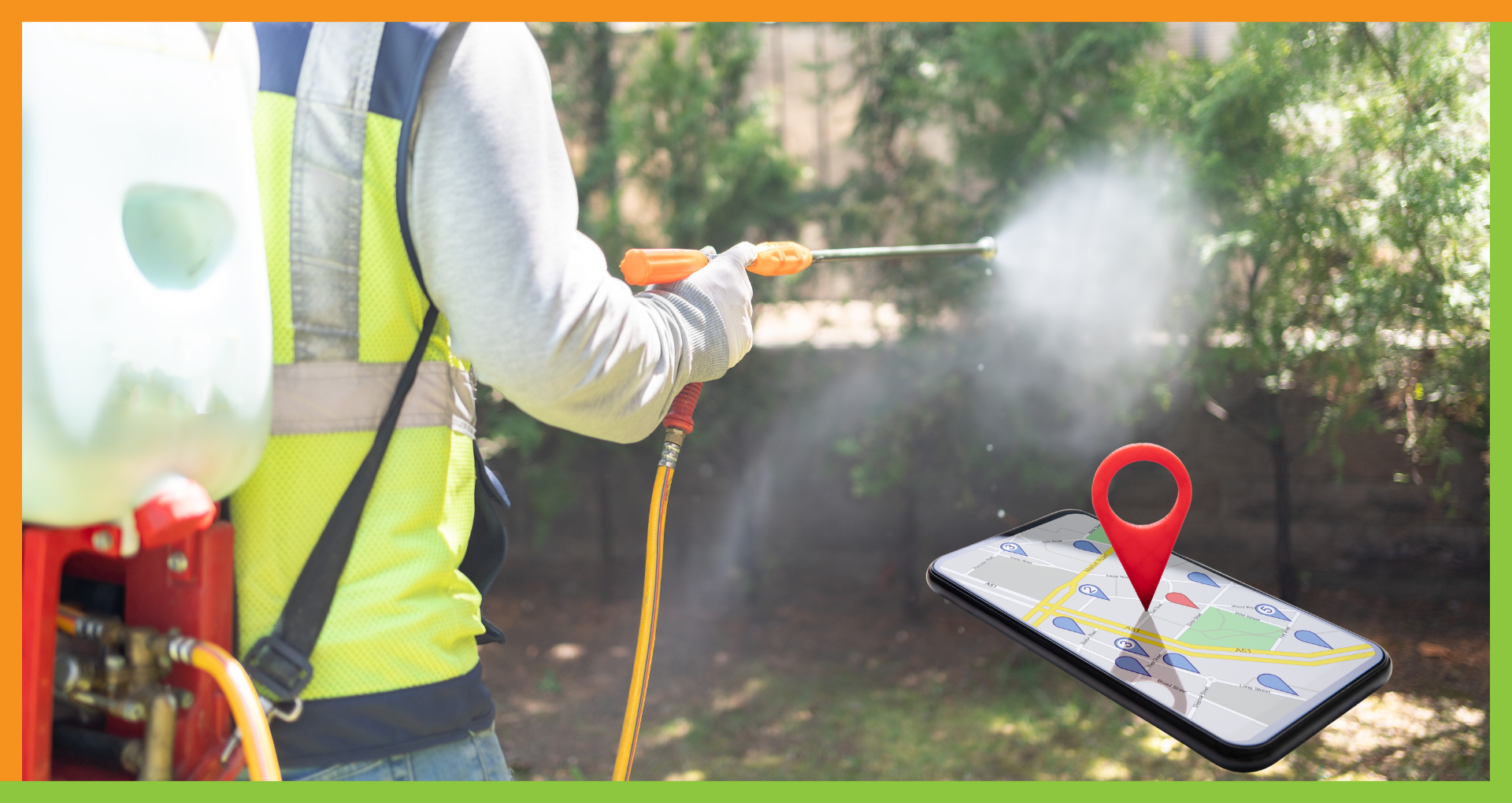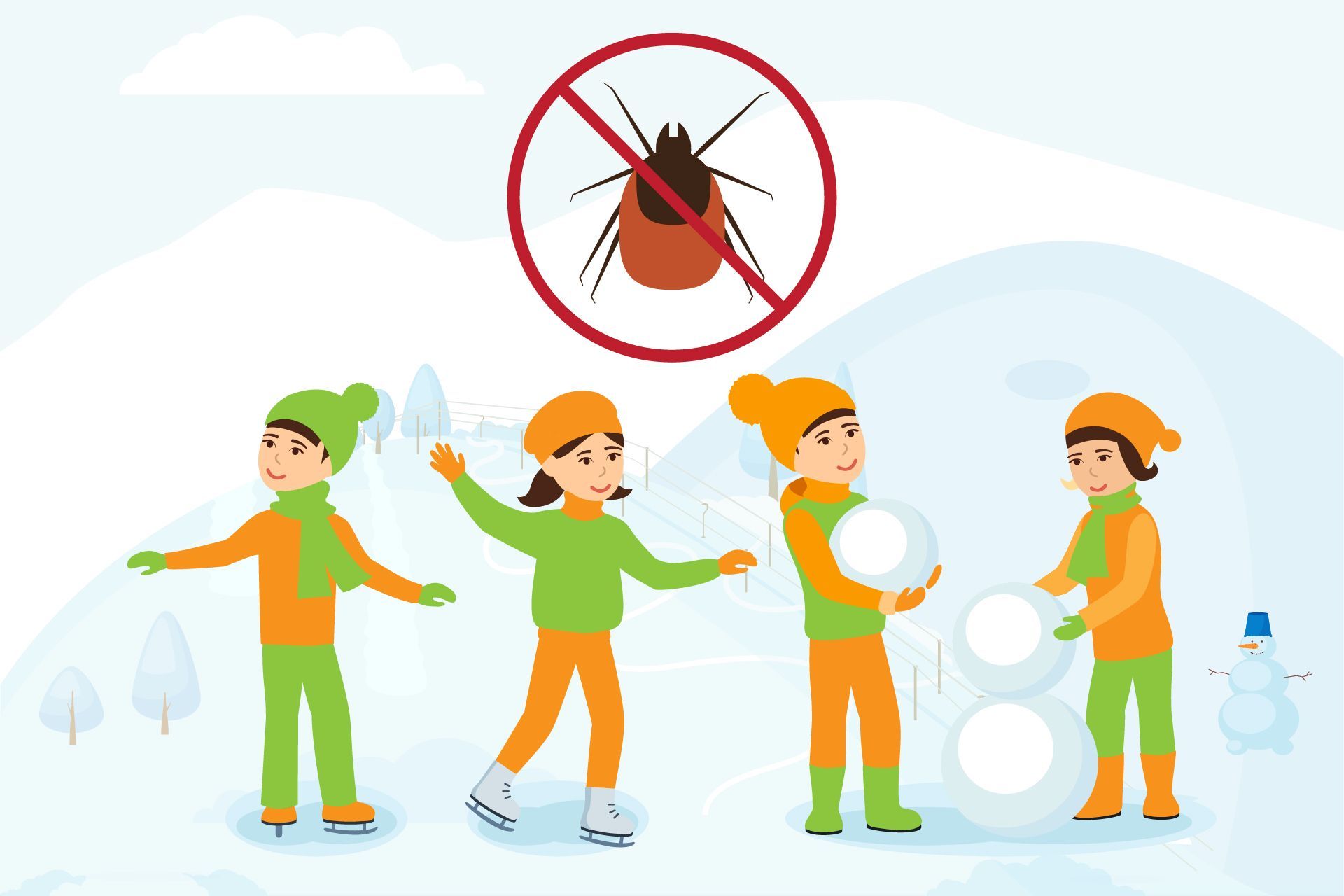How Late in the Fall Should I Spray for Ticks in New Jersey?
In New Jersey, tick bites can be a problem even well into the fall. This reality alone should inspire you to consider spraying for ticks now. But that’s not the only reason…
Did you know that treating your yard for ticks in the fall helps to prevent bites in the spring and summer too? Understanding when to spray for ticks is vital for effective tick-borne disease prevention.
Should I Be Concerned About Ticks in The Fall?
Yes! Ticks are more than just a nuisance; they can carry serious and life-altering diseases. Plus, tick bites are on the rise in NJ.
Given stats for the time of most disease contraction, it’s easy to assume that ticks are worth battling only in the spring and summer but this is not actually the case. To see why, take a moment to understand a bit more about common New Jersey ticks.
American Dog Tick: What may surprise you is that among those ticks native to NJ, there are some that are actually more likely to transmit disease in late summer and throughout the fall. American Dog ticks (one of the three most common local varieties) pass through their nymphal and adult stages from around August to November. These ticks can carry and transmit Rocky Mountain Spotted Fever and other tick-borne diseases as both nymphs and adults.
Deer Tick: Another of New Jersey’s top three tick types is the well-known carrier of Lyme Disease: the deer tick. It’s true, most Lyme cases are contracted in the spring months by younger deer ticks. But here’s the secret: their adult stage takes place in the colder months when, though they are less likely to bite, they are ready to lay the eggs that will become the next generation of nymphs in the spring. Reducing the population of adults before they lay eggs during fall and winter will in turn dramatically decrease the risk of bites from the nymphs in the spring and summer!
Why is Tick Control Important in the Fall?
As a recap, letting down your guard when summer is over can result in an increased risk of tick-borne diseases for both people and pets in your community. By taking measures for tick control in the fall, you are diminishing those ticks that are most active in the fall season. That’s awesome! But, just as importantly, you are also employing a vital strategy in tick control: cutting down the population of reproducing ticks in the colder months in order to decrease the actively harmful nymphs in the spring and summer.
Tips For Effective Tick Prevention
So if you are wondering where to begin in the worthy cause of treating your property for ticks this fall, you may find some of the following considerations helpful:
Ideal Timing for Tick Spraying: Depending on the climate, tick spraying can be effective well into the late fall. However, the effectiveness can vary based on environmental conditions. It is generally best to spray in the morning or evening, when the sun is less intense, but be sure to follow the specific instructions provided on the label of your chosen product. Or follow the lead of your professional pest control provider.
Tick Spraying vs. Other Methods: Tick spraying is a highly effective method, especially when using toxin-free solutions that are safe for your family and pets. In dense areas with lots of ticks, tick spraying can offer the most reliable results when compared to other control methods.
Precautions When Spraying: When opting for tick spraying, especially DIY methods, it's essential to take precautions. Always read and follow the instructions on the label, and consider consulting professionals for the most effective and safe treatment.
Have More Questions?
Don't leave your tick control to chance. For personalized advice and safe, effective solutions, consult with our expert team at Bite Guard. Contact us today to learn more about how you can protect your family and pets this fall season (and all year long!).
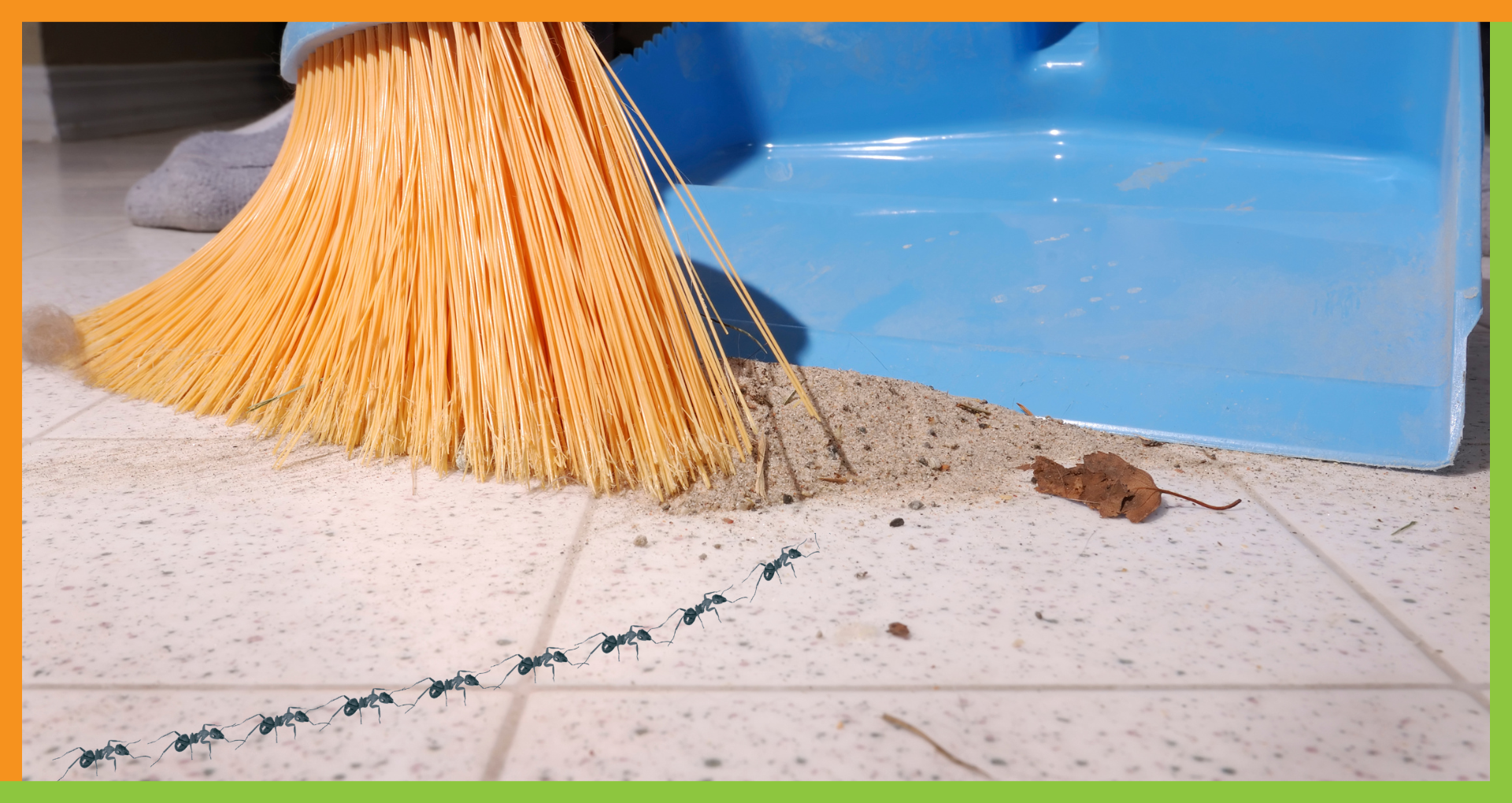
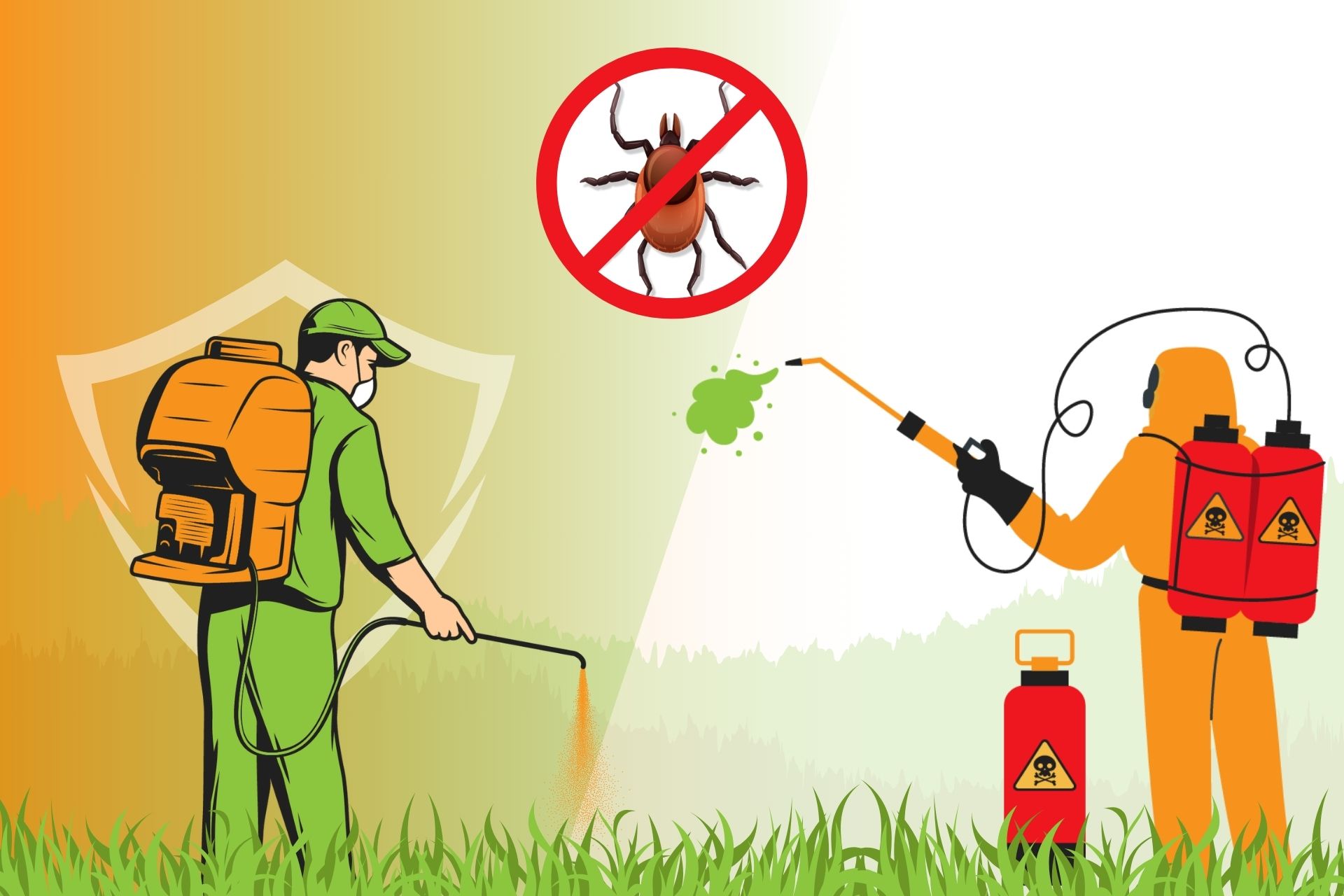
626 Park Road, #5
Cherry Hill, NJ 08034
130 Hickman Road, Ste 11
Claymont, DE 19703
1-833-924-7378
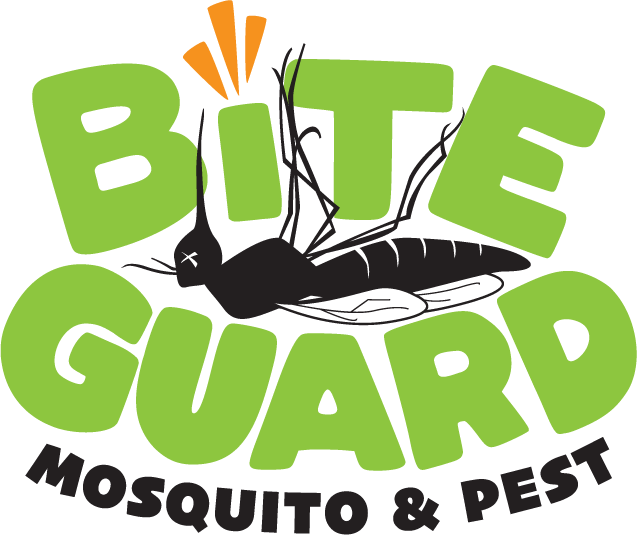
626 Park Road, #5
Cherry Hill, NJ 08034
130 Hickman Road, Ste 11
Claymont, DE 19703
1-833-9-BGPEST
1-833-924-7378
All Rights Reserved | Bite Guard Mosquito & Pest
